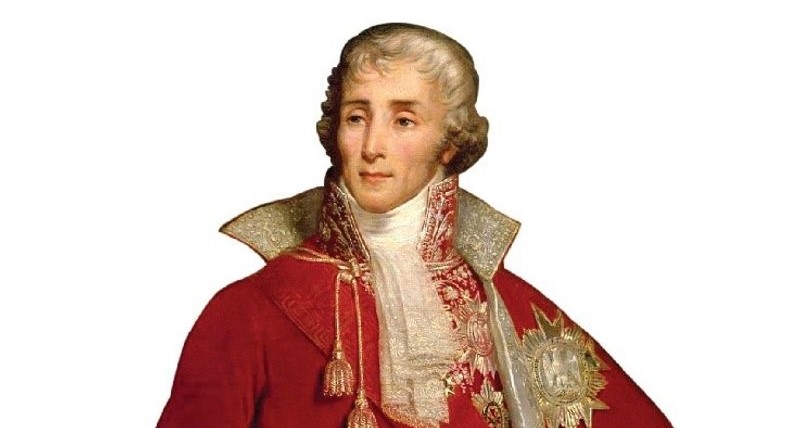Portrait of a Perfect Renegade: Who is Joseph Fouche?
A character (or should we say characterless) like the French politician Joseph Fouché (1759–1820) has never been seen on the world political scene.

Joseph Fouche, born in 1759, was one of the best-known spies of the French Revolution period. Fouche, who infiltrated the public and provided information to the administration throughout the revolution, was first made police chief by Napoleon. And he was a good manager of his network of spies and double spies until Napoleon's fall from power in 1815. Fouche, who became police minister again under Louis XVIII, died in 1820.
Joseph Fouché, a seminary teacher in 1790, a plunderer of churches in 1792, a communist in 1793, and the Police Minister of Emperor Napoleon in 1799...
Joseph Fouché, 1st Duc d'Otrante, 1st Comte Fouché (21 May 1759 – 25 December 1820) was a French statesman, revolutionary, and Minister of Police under First Consul Napoleon Bonaparte, who later became a subordinate of Emperor Napoleon. He was particularly known for the ferocity with which he suppressed the Lyon insurrection during the Revolution in 1793 and for being minister of police under the Directory, the Consulate, and the Empire. In 1815, he served as President of the Executive Commission, which was the provisional government of France installed after the abdication of Napoleon. In English texts, his title is often translated as Duke of Otranto.
Stefan Zweig calls Joseph Fouché "the most perfect Machiavel of modern times"; Because he is someone who is a man of all parties and politicians and who has always successfully held the reins of everyone who will ascend to the throne. This very strange political character influenced both Napoleon and the French lawyer and politician Maximilian Robespierre, one of the leaders of the French Revolution.
Honoré de Balzac calls him a "genius"; because, according to Balzac, he is the only minister who influenced Napoleon. He is one of those people who have depth beneath their plain sides and who cannot be penetrated while they are acting but can only be understood later, and he is the most interesting character of his age from a psychological perspective. Fouché is a "winner" who has returned from the edge of all kinds of political cliffs, not only being a survivor but also knowing how to turn all the financial opportunities that come his way into opportunities.
Fouché is a seminary teacher, but teaching arithmetic, geometry, and physics to young children does not appeal to him at all. The most characteristic aspect of Fouché is that he is devoted to anything, anyone, a friend, a friend, a lover, a comrade, etc. It is his aversion to attachment. For example, he does not attend some ceremonies at the seminary and does not make any vows. As always, retaining the opportunity to change and take shape leaves the door open to return in any situation; In short, he does not give himself fully to the church.
Fouché is always cool and controlled. He is far from unusual and violent passions, he is not fond of women and card games, he does not drink wine and does not like extravagance, he does not exercise his muscles, he spends his whole life in rooms among files and papers. He always avoids visible irritability and does not tremble even a single facial nerve when faced with any negative situation. During the ten years he spent at the convent school, Fouché learned, among other things, the technique of silence, the art of self-masking, and psychological acrobatics, which he would use above all else in his future life. The ten years he spent in the monastery labyrinths were not wasted.
